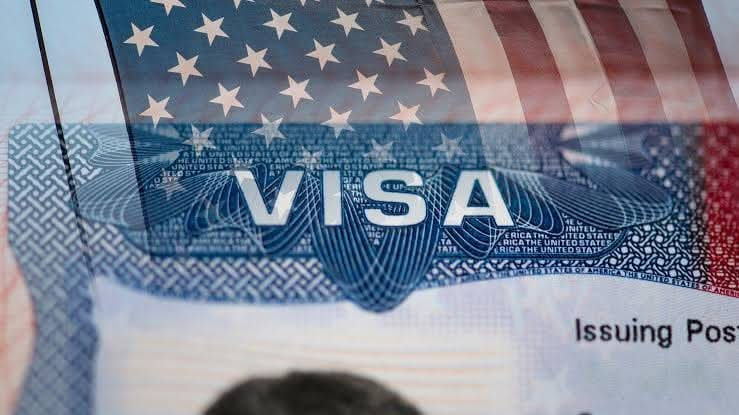The United States Embassy in Nairobi has introduced a new rule for all Kenyans applying for U.S. visas: they must now submit their social media usernames or handles from the past five years.
This requirement applies to all short-term visa applications, including those for tourism, business, education, or medical visits. Applicants must enter their social media information on the **DS-160 form**, the official visa application used for travel to the United States.
The U.S. government says the new rule is part of efforts to improve security screening and prevent individuals who may pose a threat from entering the country. The U.S. State Department insists that a visa is not a right, but a privilege. To protect its borders and citizens, the U.S. says it will use all available tools, including reviewing applicants’ online activity.
Even social media accounts set to private may be reviewed. Applicants might be asked to make them temporarily public during the visa screening process. Failure to provide this information, or hiding it, could lead to visa denial or even being banned from applying in the future.
This rule affects everyone applying for a U.S. visa in Kenya, including students (F visa), exchange visitors (J visa), and vocational learners (M visa). These changes are not limited to Kenya, as similar policies are being applied in many other countries as part of broader U.S. immigration reforms.
This policy is part of a larger immigration strategy that began under former President Donald Trump. During his second run for office in late 2024, he promised tougher immigration controls. These stricter visa screenings, including social media checks, reflect those goals.
Be honest: Applicants must include all social media accounts used in the last five years.
Don’t hide: Failing to list accounts or lying could ruin your chances of getting a visa.
Stay careful: What you post online—even years ago—can affect your application.
Be prepared: Even private accounts may be reviewed.
The embassy has urged Kenyans to carefully follow the instructions and be truthful on their applications to avoid complications.



